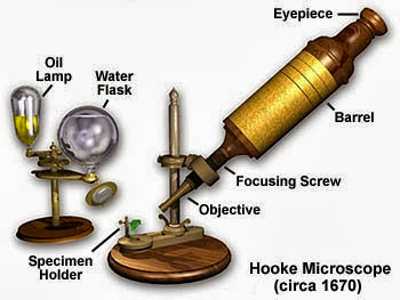Ewwww! What’s Lurking in Your Mouth?
Did you know that tiny, invisible creatures have been living in your mouth for centuries? It’s true! Before the late 1600s, no one knew about bacteria. But on September 17, 1683, a Dutch scientist named Antony van Leeuwenhoek discovered these microscopic organisms while examining dental plaque. “Father of Microbiology.” His groundbreaking work in the 17th century revolutionized our understanding of the microscopic world.
The Father of Microbiology
Van Leeuwenhoek was a pioneer in the field of microscopy. He made his own microscopes, which were some of the most powerful in the world at the time. Using these microscopes, he was able to observe things that no one had ever seen before.
When Van Leeuwenhoek looked at plaque scraped from his teeth and the teeth of others, he was amazed by what he saw. There were tiny, living creatures moving around in the plaque. He called them “animalcules,” but we now know them as bacteria.
World of Microbes
Van Leeuwenhoek’s discovery of bacteria was just the beginning. He went on to discover other microscopic organisms, including:
- Foraminifera fossils
- Blood cells
- Animal sperm cells
- Vacuoles (storage bins inside cells)
Thanks to Van Leeuwenhoek’s work, we now know that there is a vast and diverse world of microorganisms all around us. These tiny creatures play a vital role in our health and the environment.

World of Wonders
Using his homemade microscopes, Leeuwenhoek embarked on a remarkable exploration of the microscopic world. He observed a wide range of organisms, including:
- Bee mouthparts and stings
- Human lice
- Fungus
- Bacteria (the first person to do so)
- Microscopic nematodes
- Plant and wood structures
- Crystals
His discoveries were so groundbreaking that they faced skepticism from the Royal Society. To validate his findings, he enlisted the help of other scientists, including a vicar, jurists, and doctors, to confirm his observations.
Pioneer in Many Fields
Leeuwenhoek’s contributions extended beyond microbiology. He was also a pioneer in:
- Plant anatomy
- Animal reproduction
His innovative lens-grinding techniques allowed him to create over 400 microscopes, many of which still exist today.
Controversial Discovery
One of Leeuwenhoek’s most controversial discoveries was his observation of spermatozoa in human semen. He believed that fertilization occurred when sperm penetrated the egg, a revolutionary idea at the time. Despite facing opposition and criticism, he persisted in his research and ultimately gained acceptance for his theory.
Antony van Leeuwenhoek’s legacy is immeasurable. His pioneering work laid the foundation for modern microbiology and continues to inspire scientists today.
Want to Learn More?
If you’re interested in learning more about microbiology, here are some great resources:
- Biology4Kids: http://www.biology4kids.com/
- Microbe World: https://asm.org/podcasts/microbeworld-video
- Science Kids: https://www.sciencekids.co.nz/